YANGON — The Oxford City Council stripped Daw Aung San Suu Kyi of its Freedom of the City award last Monday, an honor it bestowed on her in 1997. She collected the award in person in 2012, after 15 years under house arrest.
“Oxford has a long tradition of being a diverse and humane city, and our reputation is tarnished by honoring those who turn a blind eye to violence,” Councilor Mary Clarkson said in a statement posted on Twitter.
The city joined a number of other British institutions that have stripped the state counselor of honorary titles given in recognition of her long struggle for democracy and her fight against oppressive military rule in Myanmar, all referencing the latest crisis in Rakhine State.
Following orchestrated attacks by a Muslim militant group, the Arakan Rohingya Salvation Army, against police posts and an army base on Aug. 25, Myanmar’s 72-year-old de facto leader has faced strong international censure for failing to criticize the military’s response and to speak out against violence toward Rohingya Muslims.
Subsequent clashes and security operations by the Myanmar Army have left hundreds dead and hundreds of thousands displaced, including more than 620,000 Rohingya who have fled to Bangladesh amid reports of killing, rape and arson by the military.
During a joint press conference with US Secretary of State Rex Tillerson in Naypyitaw on Nov. 15, the state counselor insisted that she has not been silent about the humanitarian crisis.
“I think what people mean is that what I say is not interesting enough. But what I say is not meant to be exciting, it’s meant to be accurate. And it’s aimed at creating more harmony and a better future for everybody, not for setting people against each other,” she said at the time.
“We mustn’t forget that there are many different communities in Rakhine, and if they are to live together in peace and harmony in the long-term we can’t set them against each other now. We cannot make the kind of statements that drive them further apart. This is the reason why we are very careful about what is said.”
Among the groups and institutions criticizing her government’s response to the Rohingya crisis, those in the UK seem to be the most active.
Last month, the London School of Economics voted to revoke an honorary presidency awarded to her in 1992. Before Oxford, the city councils of Glasgow and Sheffield stripped her of their own freedom of the city awards.
Oxford University’s St. Hugh’s College, from which Daw Aung San Suu Kyi graduated in 1967, removed her painted portrait and name from its common room. One of Britain’s largest trade unions, Unison, has suspended an award it had given her.
The Irrawaddy interviewed scholars, politicians and activists to find out why they believe Daw Aung San Suu Kyi is being stripped of her awards and what they think of the practice.
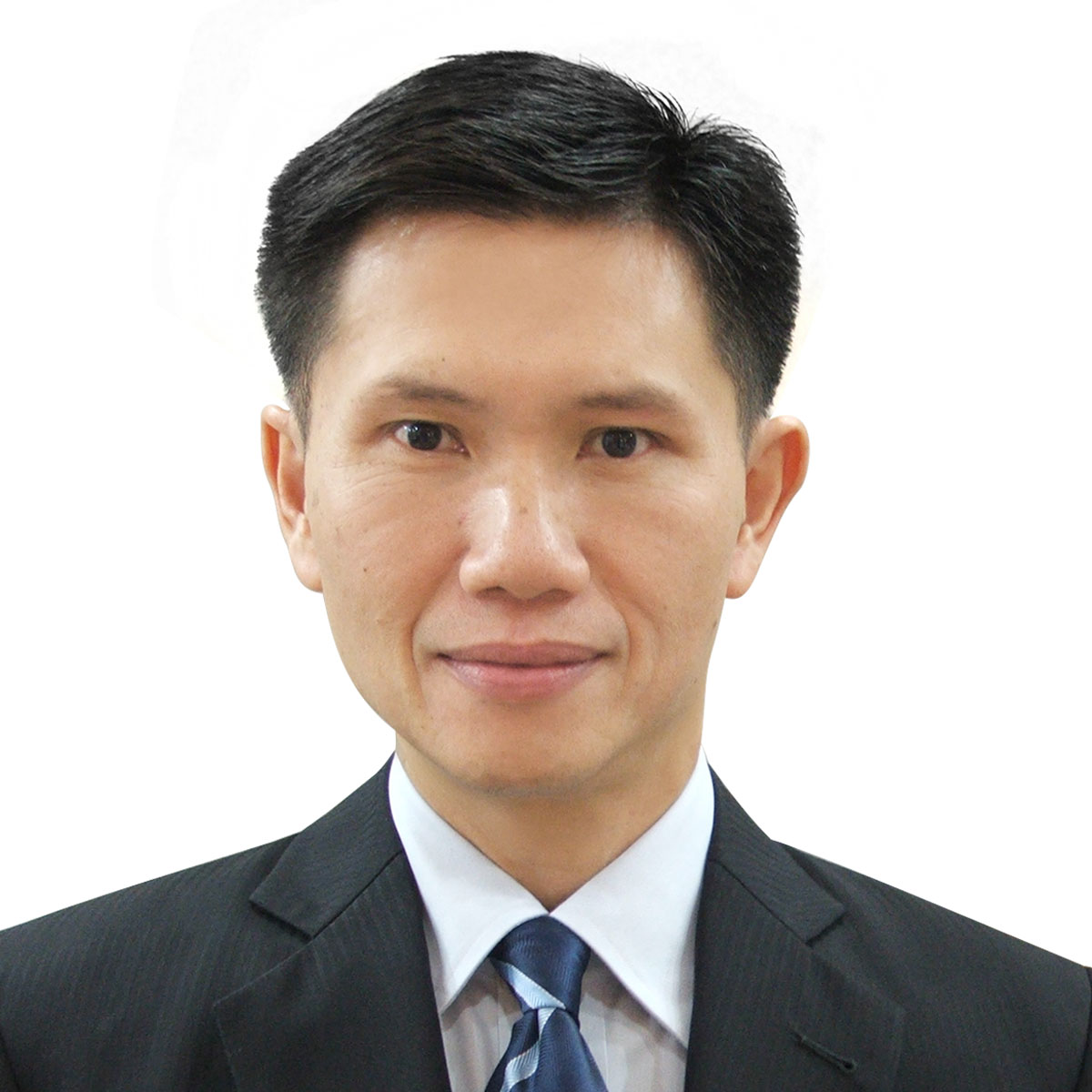
Thitinan Pongsudhirak, associate professor and director of the Institute of Security and International Studies at Thailand’s Chulalongkorn University
Some places and people in the UK undoubtedly and understandably feel betrayed by ASSK [Aung San Suu Kyi]. They had huge and unrealistic expectations for her to come into power under democratic rule and take Myanmar forward. However, Myanmar is beset with deep-seated structural problems — e.g. internal conflicts — that precede and transcend Ms. Suu Kyi. She can only do so much, and she is achieving a democratic transition like she was supposed to. But it is premised on a compromise with the Tatmadaw. She cannot have the cake and eat it, too. She cannot just come to power and kick out the army overnight.
It’s like these UK places withdrawing her recognition because they feel jilted, a deep disappointment in the face of the humanitarian crisis in Rakhine. The Rohingya issue gnaws at the collective conscience of the international community. They want quick answers and are quick to blame. They can blame the Tatmadaw and [Senior General] Min Aung Hlaing, but they have already been blamed aplenty. They can relate more by blaming Ms. Suu Kyi because they are familiar with her.
It’s like the international community has put her up on the highest pedestal and made her into a global democracy icon, way beyond what she is capable [of] and what the reality on the ground would countenance. And now they are bringing her down.
The withdrawals of honors in the UK also reflect the facile views these institutions held of her in the first place. The world is complicated. Rakhine is an intractable mess.
Of course anything to do with the Tatmadaw does not go down well with international stakeholders. There is so much baggage and ill will regarding the army’s misdeeds in the past. That ASSK is working with the Tatmadaw and Min Aung Hlaing taints her in the eyes of [the] international community.
At the same time, I do think ASSK can take more risks on the Rakhine crisis. She can leverage her immense moral authority against the army for a more acceptable outcome…. Moreover, she has shown that she is a poor executive, with no message and no messenger — i.e. the virtual absence of a decent communications team. She micromanages too much, does not have a grand strategy, and does not know how to be [the] transitional and transformative leader her country needs at this time. And she has not groomed others to help and succeed her.
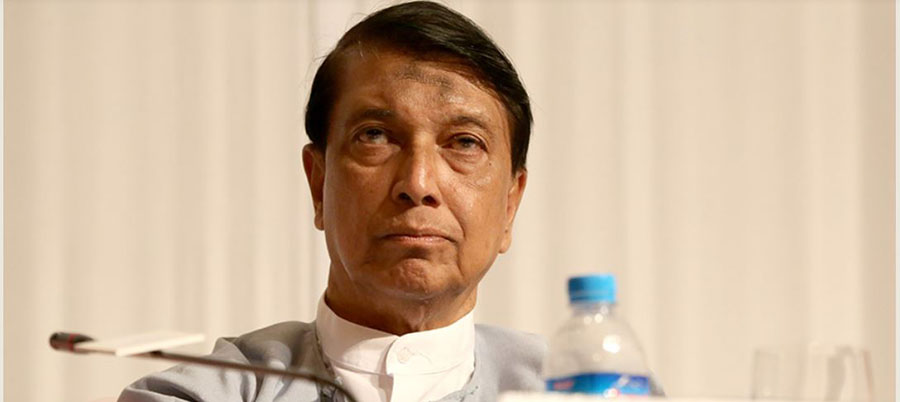
AI Haj U Aye Lwin, chief convener for the Islamic Center of Myanmar and member of the Kofi Annan-led Advisory Commission on Rakhine State
We appreciated the Western nations very much for their help and support for democracy in Myanmar. But their actions right now could put the democracy that they want to flourish in reverse. If the democratic forces are weak, the dictatorship will come back.
In her first public address [on the Rohingya crisis], the state counselor already said that she condemned any human rights violations and unlawful violence and that action would be taken against anyone, regardless of race, religion, or political standing, who violated human rights. She also said she would speak with those who have fled and those who have stayed in the state.
She invited diplomats and officials to observe the problem too. She has done all of this under difficult circumstances. In her second public address [on the Rohingya crisis], she spoke of the repatriation of refugees, houses to be rebuilt for the residents in the state, and programs to improve their lives. She had already formed the committees to implement the programs as well, as per the commission’s recommendations.
I would like to tell them [Western critics] to consider carefully the conditions in Myanmar. There are forces trying to exploit religion for political gain, especially the hatred of Muslims. So speaking out however they want to is not essential. It is only important to do the things that need to be done to resolve the problems. They need to understand that. They are doing it to give moral support [to the refugees], but they are blaming the democratic forces and weakening them, which makes the dictators happy.
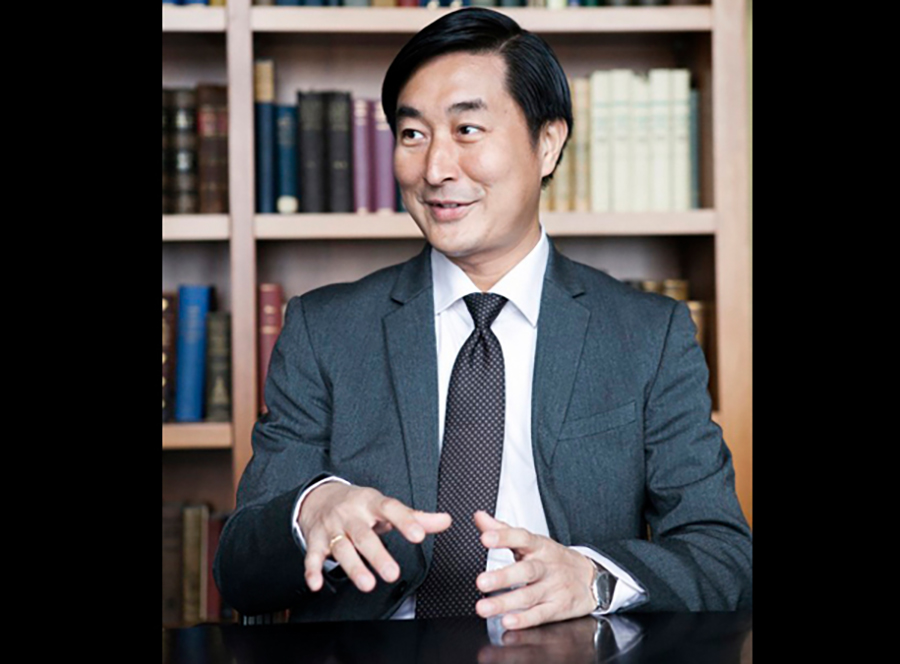
U Thant Thaw Kaung, founder of the Myanmar Book Center and Myanmar Book Aid and Preservation Foundation, a leading book importer and distributor in Myanmar
No one asked when they gave those awards. In Myanmar there is not only the Rakhine issue. We will show the world by our actions what needs to be done, as the state counselor said.
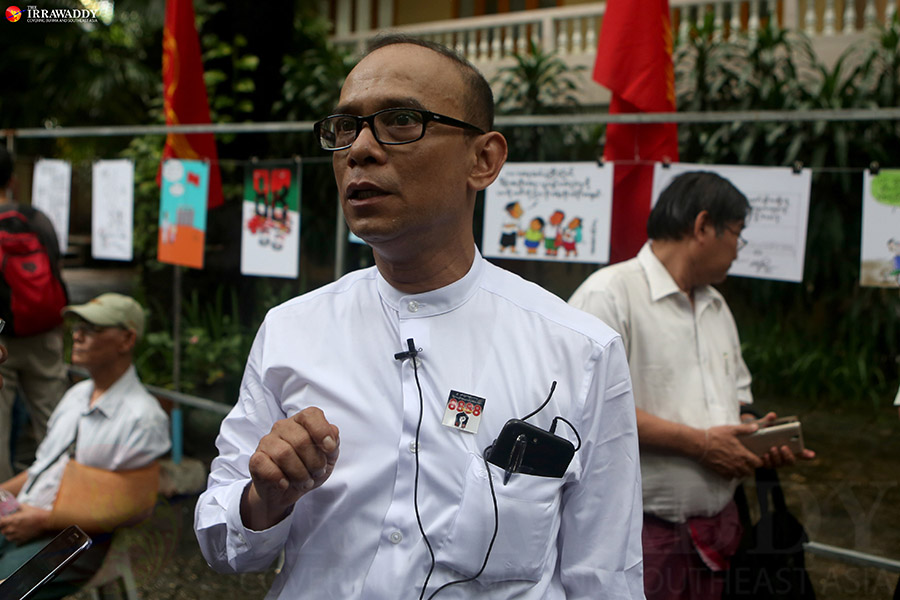
Ko Mya Aye, a prominent Muslim political activist since the 1988 uprising
It is not good for the image of the state counselor or for our country. We felt upset. But it will all be over if we resolve everything fairly and justly.
I think it depends on the institutions and student unions in the UK. I don’t know on what norms and standards they based their decisions. I assume that both accurate news and fake news reaches them. And accurate and fake information reaches the state counselor too.
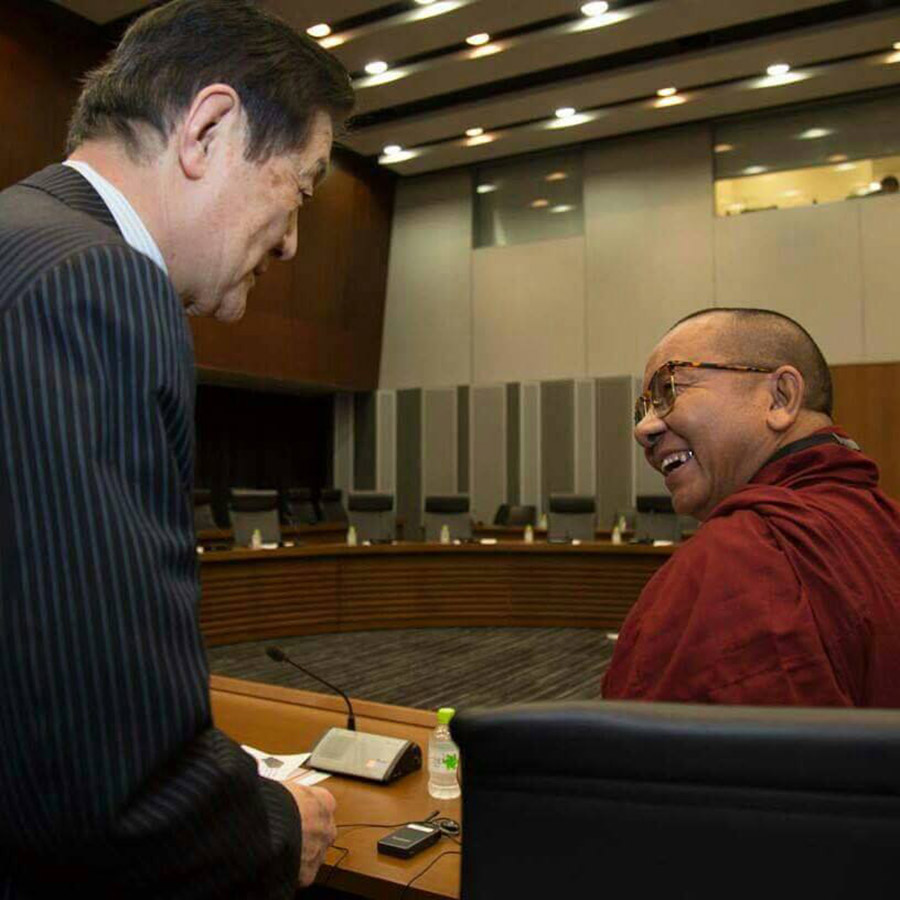
Myawaddy Mingyi Sayadaw, a senior Buddhist figure
Is it a small thing that Daw Suu has done? Who says she doesn’t deserve those awards? Compared to her, those titles are too small. It is too childish to withdraw what they gave. Wait and see. Only those who revoked the awards will lose their dignity in the end, not her.

















